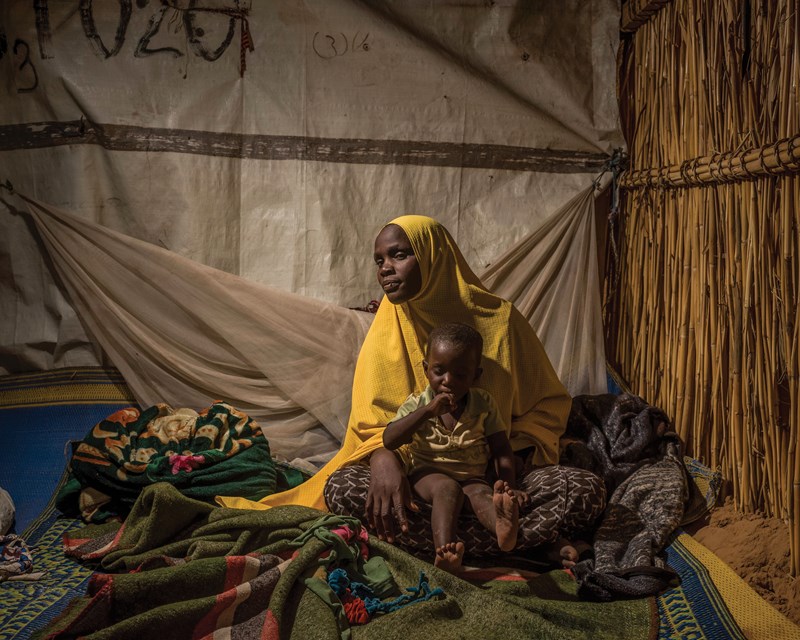Restrictive laws, sector fragmentation and a lack of public understanding are among factors slowing a shift from charitable giving to a more strategic model of philanthropy in the Arab region, a new report has found.
Giving in Arab countries is expanding beyond the confines of community-based charity, driven by the need to tackle widespread poverty, unemployment and other social challenges.
But new laws issued following the Arab Spring unrest of 2011, which aimed to counter the perceived threat of some civil society groups, have starved NGOs of funding and sapped efforts to promote a more developmental approach.
“A curve went up and went down around the Arab Spring,” Atallah Kuttab, founder and chairman of advisory firm Saaned, noted in the report. “In 2012 and 2013 we saw a change, but it has now flipped back to old habits.”
Donors have been withdrawing from progressive philanthropy because of fears of alienating regional governments; choosing instead to supplement state budgets, or projects that deliver support services such as feeding, schooling or healthcare.
Other complicating factors include the public’s lack of trust in NGOs, and poor understanding of how strategic philanthropy can be a force for positive social change.
“People can get into trouble if they support organisations not approved by government,” Kuttab said. “All in all, the philanthropy sector hasn’t found a role for itself since the highpoint when it felt it could support the Arab Spring [and] freedom of citizens.”





